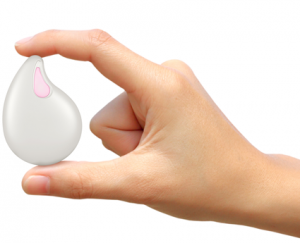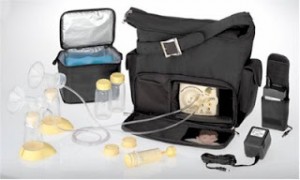Many of you are aware of cord blood banking as decision parents can make following the birth of a child. Umbilical cord blood, containing rich stem cells, is stored for a fee, almost as a form of future health insurance in the case a family member should develop an illness treatable by stem cells.
I found the following list of pros/cons (taken from the BabyCenter website) regarding cord blood banking to be very informative and wanted to pass it on. We have never banked any of our children’s cord blood in the past and don’t plan to in the future. I find the fourth reason below most provocative in this decision…
• Cord blood research is showing promising results.
Although cord blood is not yet widely used to treat patients, cord blood researchers believe that it in the future it has the potential to treat some cancers, diabetes, spinal cord injuries, heart failure, stroke, and neurological diseases including Alzheimer’s and Parkinson’s.
• It’s expensive.
Private cord blood banks usually charge an enrollment and collection fee of approximately $600 to $1,900, plus annual storage fees ranging from around $80 to $100.
• Chances are your baby cannot be treated with his own cord blood.
If your baby develops an illness with a genetic basis — and most childhood diseases are genetic — his cord blood contains the genetic instructions for that disease, so it’s not a suitable treatment. Most banked cord blood is currently used to treat siblings.
• You probably have a better chance of finding a stem cell match in the public cord blood system than in your own family.
The chance of an exact tissue match between two siblings is only about 25 percent, according to Dennis Confer, chief medical officer for the National Marrow Donor Program, a nonprofit organization that maintains the largest public listing of umbilical cord blood units available for transplantation in the United States. In contrast, the chance of finding a cord blood match in the nation’s public banks is 75 percent, he says.
• Doctors aren’t ready to universally recommend banking your baby’s cord blood.
The American Academy of Pediatrics and the American College of Obstetricians and Gynecologists have both expressed reservations about private cord blood banking for the general public because they believe the chances a family will ever need the blood are slim and because they support a public cord blood donation system (similar to blood banks). Many doctors, however, say that families with a history of diseases such as leukemia, lymphomas, and immune deficiency, among others, should consider private cord banking because their odds of needing a stem cell transplant are higher than those of the general population.
• If your child belongs to a minority group, private storage may be of more value to you.
According to July 2003 figures, a Caucasian patient has an 88 percent chance of finding a matching donor through the National Marrow Donor Program registry, while an African American’s chances were significantly lower at 58 percent.
For more information on cord blood banking, check out this site or this one. I was especially interested in learning out to publicly donate my baby’s cord blood, an option many new parents don’t realize is available (I never did!)–for info on this, check here! God bless!











